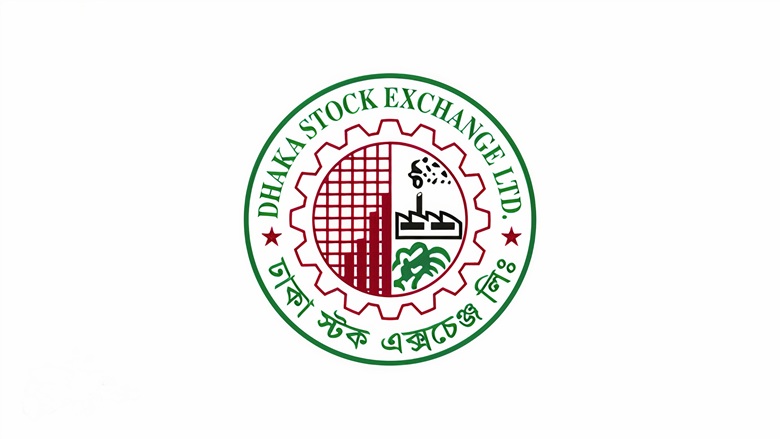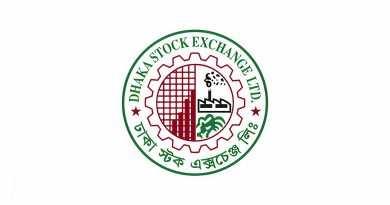One in every four stocks on the Dhaka Stock Exchange (DSE) is now trading below face value, reflecting the mounting failures of companies in the financial and textile sectors.
Of the 397 securities that changed hands yesterday, 98 were priced under the Tk 10 face value, with half slipping below Tk 5. Banks and non-bank financial institutions (NBFIs) made up 33 of the low-priced stocks, mutual funds 35, and textiles 17, DSE data show.
Analysts say the glut of weak companies undermines the market’s appeal to both domestic and foreign investors, despite recent gains in the broader index. “The high number of such companies indicates an abundance of low-performing firms,” said Kazi Monirul Islam, chief executive of Shanta Asset Management.
The banking sector stands out as the biggest drag. Non-performing loans hit a record Tk 4.20 lakh crore in March, nearly a quarter of all loans. Last year, distressed loans totaled Tk 7.56 lakh crore, or 45% of outstanding credit. Eighteen listed banks have already been barred from paying dividends because of fragile finances, and most are trading below face value.
NBFIs are in no better shape, with bad debt exceeding 95% of lending at many firms. The central bank has moved to liquidate nine of them—eight of which are listed—but their shares remain active on the bourse.
Mutual funds, meanwhile, continue to lose investor confidence. Many now trade at half their net asset value, a gap attributed to years of poor management and unreliable financial disclosures.
“This market structure, dominated by junk stocks, cannot be attractive to foreign or institutional investors,” said Saiful Islam, president of the DSE Brokers Association of Bangladesh (DBA). He urged regulators to suspend trading of NBFIs headed for liquidation, delist chronic underperformers, and encourage mergers or acquisitions where feasible.
Analysts also called on policymakers to focus on bringing stronger companies to the market to rebuild investor confidence.






